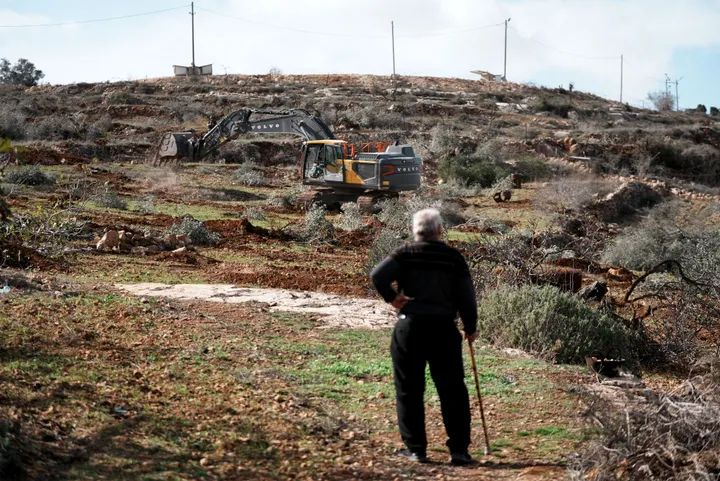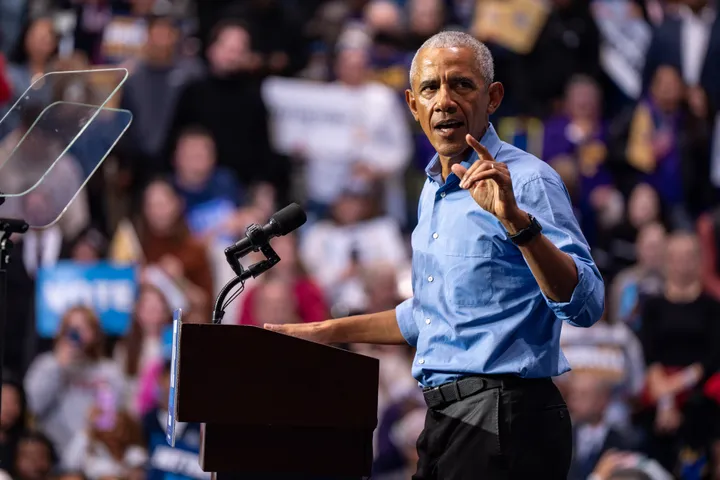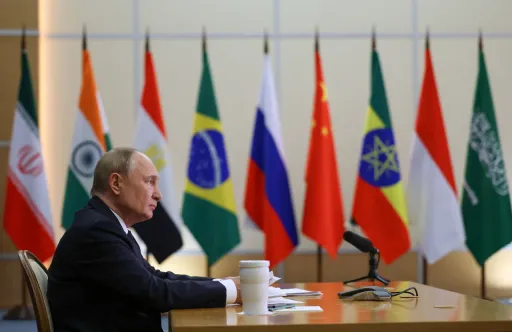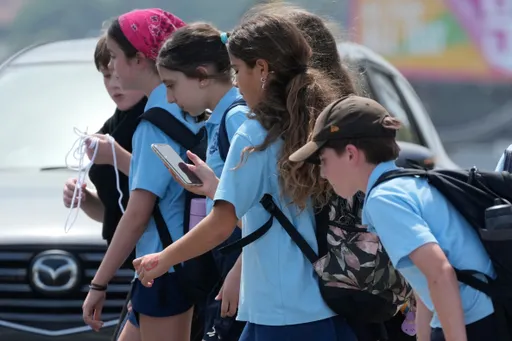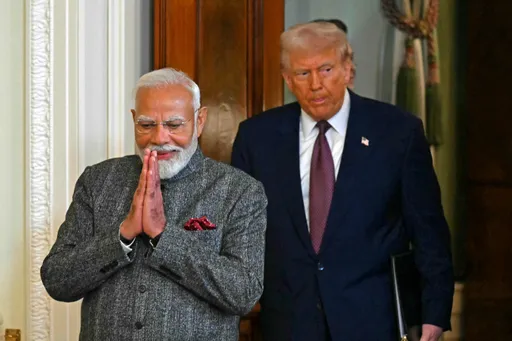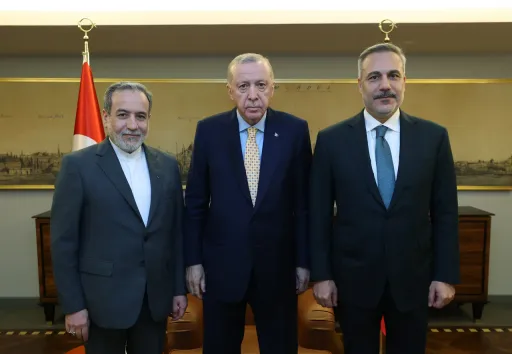By Firmain Eric Mbadinga
Awa Keita Ndiaye grew up watching her family battle a perennial water shortage, be it for rearing cattle or irrigation.
At 26, she is using her degree in agricultural entrepreneurship to help her community in Senegal's Mbollo Aly Sidi village overcome this hurdle by providing uninterrupted access to water sources throughout the seasons.
Awa's initiative has already made a difference. Since 2022, this village nestled between the Podor and Matam regions of north Senegal has been making steady progress towards the target of increasing its agro-pastoral productivity by more than half.
The project in Mbollo Aly Sidi started with Ada focusing on increasing access to water for irrigation of ancestral farmlands that are a mix of fruit trees, maize, sorghum, millet, rice, and sugarcane.
"My family's torment deeply affected me. I made up my mind early in life to do something about it," she tells TRT Afrika.
Shared stakeholding
Based on the participatory financing model involving local populations and private partners, the project initiated by this young woman has made seven water basins in the area available for the entire community's needs.
Solar panels help provide both energy and water in a region where it rains only three months of the year.
Recurrent heatwaves, with temperatures hitting the high 40s on the Celsius scale, used to add to the crisis until the project eased the community's troubles.
"The community contributed almost 30% of the one-and-a-half million CFA francs required for the project.
CorpsAfrica, our private partner, provided the remainder of the amount, convinced of the importance and relevance of this project.
Implementation took seven months," explains Awa.
From the drawing board to its implementation, the one aspect of the project's journey that stands out for Awa has been the participation of women.
"I witnessed enthusiasm, joy, satisfaction and pride among the women and men of my community as the project unfolded," she says.
Women to the fore
In keeping with the project's holistic approach, the 250 women who formed the village's economic interest group defined the area in which the seven ponds would be built.
Unsurprisingly, they chose the market and gardening areas. "The initial plan included the installation of a drip irrigation system.
However, after analysing the risks, we opted for the concept of sustainability. Therefore, we moved from a drip irrigation project to hydraulic basins.
With what was left over, we purchased watering cans and solar panels," Awa tells TRT Afrika.
The large surface area of these fountains allows for optimal water collection in the event of overflowing containers.
As with any fountain that operates in a closed circuit, the water in the basin circulates continuously and is recycled.
Since its installation, the 1,680 inhabitants of Mbollo Ali Sidy have been able to maximise the use of their arable land. The solar panels provide an added benefit.
''Over time, all these new inputs will enable the villagers to reduce labour, save time and energy, and increase yield. On a more ambitious note, the project aims to help improve food security," says Awa.
Productivity goals
The project aims to enable farmers to increase production by 80% in another year and create a large pool of direct and indirect beneficiaries of these activities.
"This project has brought us a lot of relief, especially our struggle to get water for agriculture and other needs throughout the year. We thank and wish Awa more success," says Kaw Moussa Mb Ali, the village leader.
Awa the activist is far from done. Her new mission is to raise awareness about education among young people and their parents in Mbollo Aly Sidi through a campaign to curb school dropout rates.
➤ Click here to follow our WhatsApp channel for more stories.



